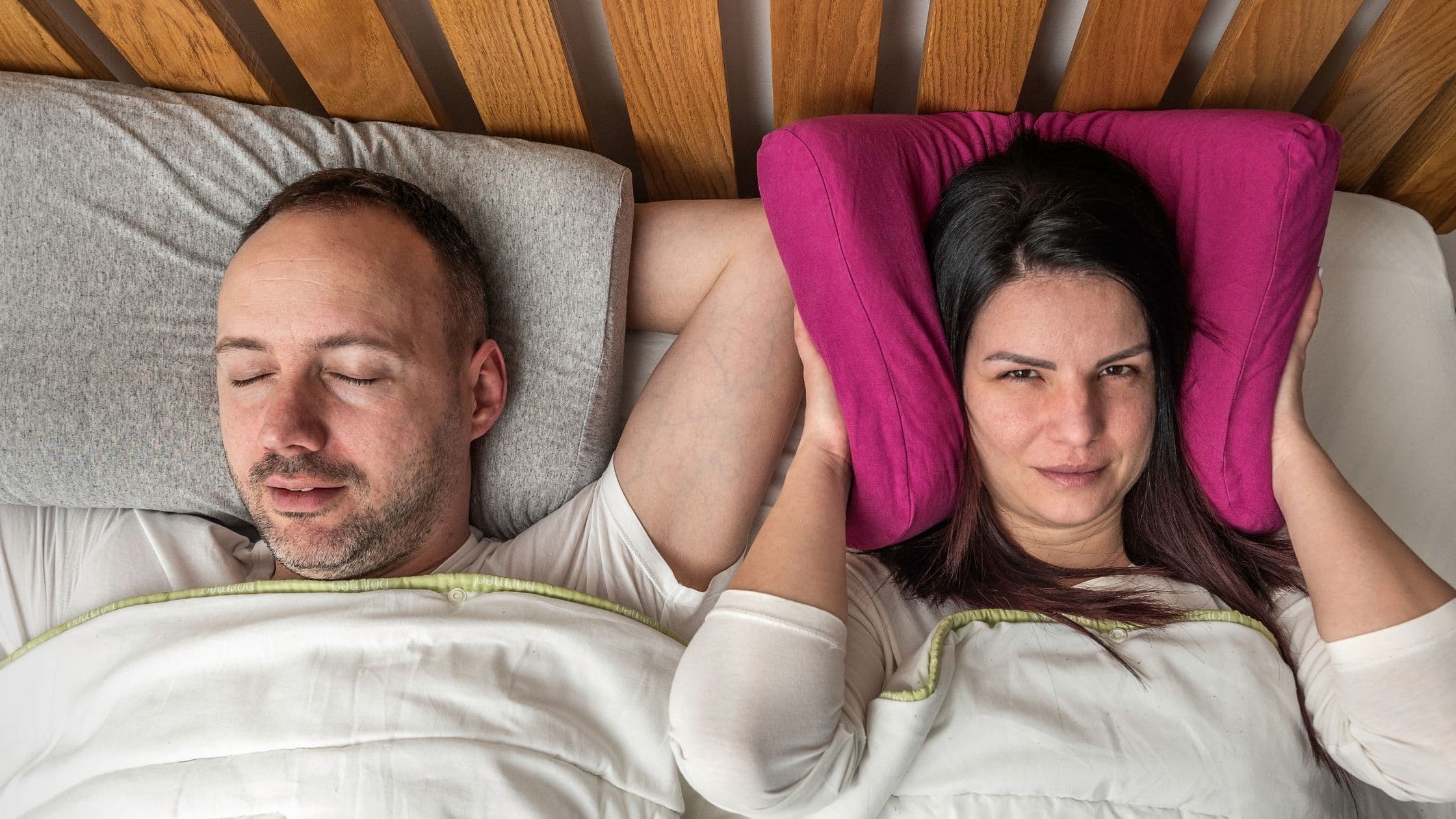Symptoms of Obstructive Sleep Apnea (OSA)
Obstructive sleep apnea (OSA) disrupts your slumber by causing repeated episodes where your breathing partially or completely stops. While you might not even be aware of these interruptions, OSA can have a significant impact on your health and well-being. Here, we delve into the various symptoms of OSA, empowering you to recognize the signs and seek appropriate evaluation.

Beyond Snoring: A Spectrum of Signs
Snoring is a common symptom of OSA, but not everyone who snores has sleep apnea. Here's a breakdown of a wider range of symptoms to watch for:
Sleep-related Symptoms:
- Witnessed Apneas: These are pauses in breathing observed by a sleeping partner. They might be accompanied by gasping or snorting noises.
- Excessive Daytime Sleepiness (EDS): This is a hallmark symptom of OSA. You might feel excessively tired throughout the day, even after a full night's sleep. This fatigue can significantly impact your work, relationships, and overall quality of life.
- Restless Sleep: You might experience frequent awakenings during the night without fully remembering them. This fragmented sleep leaves you feeling unrested in the morning.
- Morning Headaches: Headaches upon waking are a frequent complaint among people with OSA.
Daytime Symptoms:
- Concentration Difficulties: The fragmented sleep caused by OSA can impair your ability to concentrate, focus, and learn.
- Mood Swings and Irritability: Chronic sleep deprivation can lead to irritability, mood swings, anxiety, and even symptoms of depression.
- Decreased Libido: OSA can affect hormone regulation, potentially leading to a decreased sex drive.
- High Blood Pressure: Untreated OSA can contribute to high blood pressure, increasing the risk of heart disease and stroke.
Other Potential Signs:
- Waking Up Gasping or Choking: This can be a frightening symptom that disrupts your sleep and leaves you feeling out of breath.
- Daytime Fatigue-Related Accidents: Excessive sleepiness can increase your risk of accidents while driving, operating machinery, or performing other activities requiring alertness.
- Witnessed Difficulty Breathing During Sleep: Your sleep partner might notice labored breathing or periods where you seem to stop breathing altogether.
It's Important to Note: The severity of symptoms can vary greatly from person to person. Some people with OSA experience only mild symptoms, while others might have a cluster of severe symptoms that significantly disrupt their daily lives. If you suspect you might have OSA, it's crucial to consult a healthcare professional for a proper evaluation.
Beyond Symptoms: Unveiling the Cause
While symptoms offer valuable clues, a diagnosis of OSA typically involves additional steps:
- Sleep Study: A sleep study, which can be done at home or in a sleep lab, monitors your brain waves, breathing patterns, oxygen levels, and muscle activity during sleep. This helps diagnose OSA and determine its severity.
- Physical Examination: Your doctor might perform a physical examination to assess your risk factors for OSA, such as enlarged tonsils, a thick neck circumference, or a recessed jaw.
Taking Control of Your Sleep
Early diagnosis and treatment of OSA are crucial for improving your sleep quality and overall health. Here are some additional tips:
- Maintain a Healthy Weight: Losing weight can help improve upper airway anatomy and reduce the risk of apnea episodes.
- Practice Good Sleep Hygiene: Develop a consistent sleep schedule, create a relaxing bedtime routine, and ensure a sleep-conducive environment.
- Consider Lifestyle Modifications: Quitting smoking, avoiding alcohol before bed, and elevating your head while sleeping can all be helpful.
- CPAP Therapy: For moderate to severe OSA, a Continuous Positive Airway Pressure (CPAP) machine is the gold standard treatment. This device delivers pressurized air to keep your airway open during sleep.
Remember: A good night's sleep is essential for your physical and mental well-being. If you suspect you might have OSA, don't hesitate to talk to your doctor. By recognizing the symptoms, seeking a diagnosis, and following a treatment plan, you can reclaim control of your sleep and wake up feeling refreshed and revitalized.